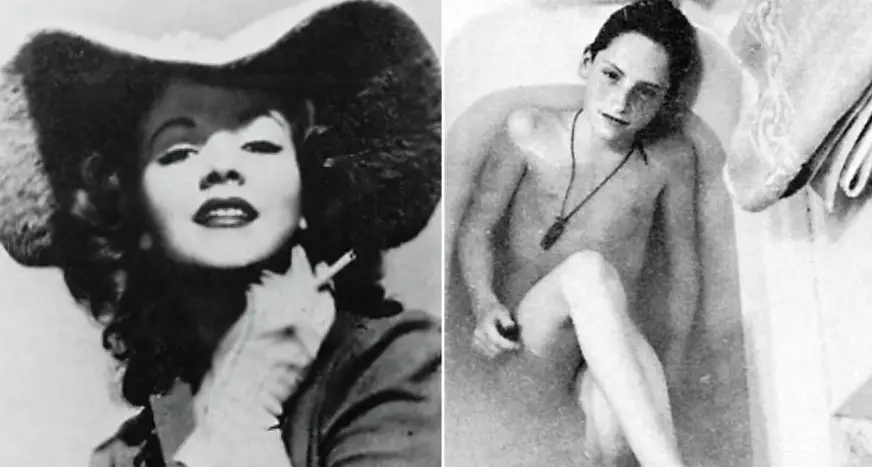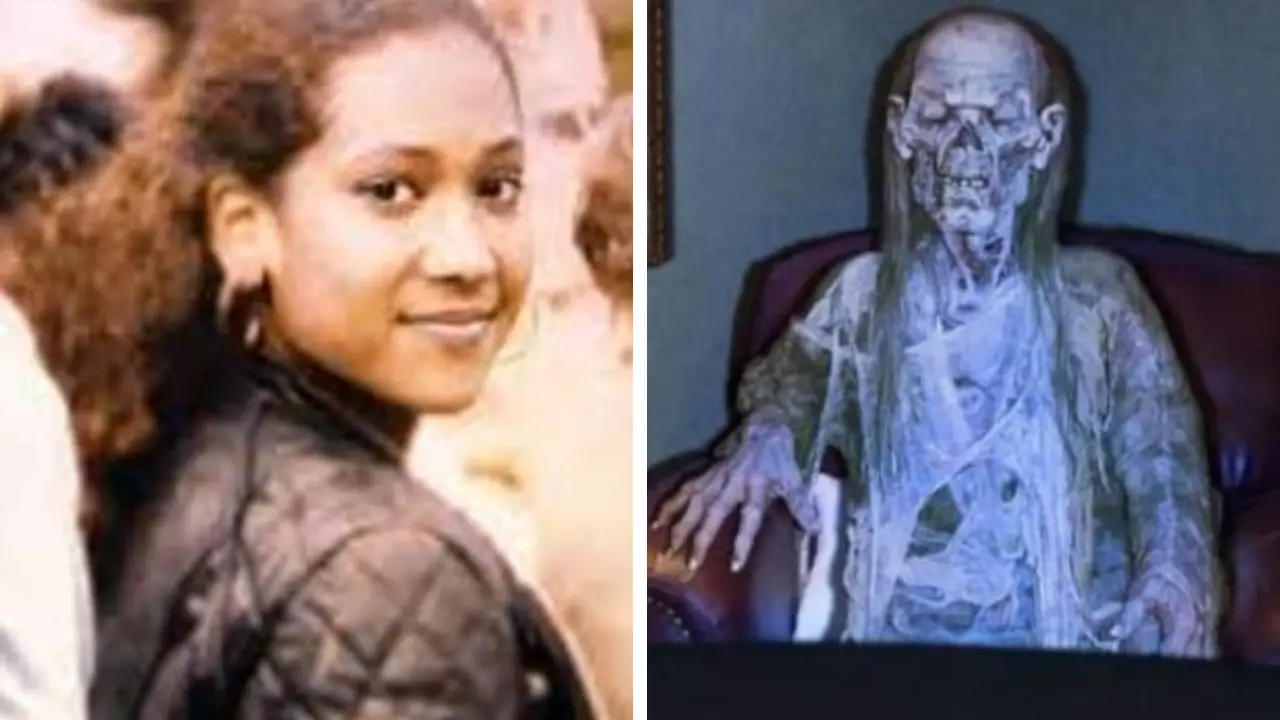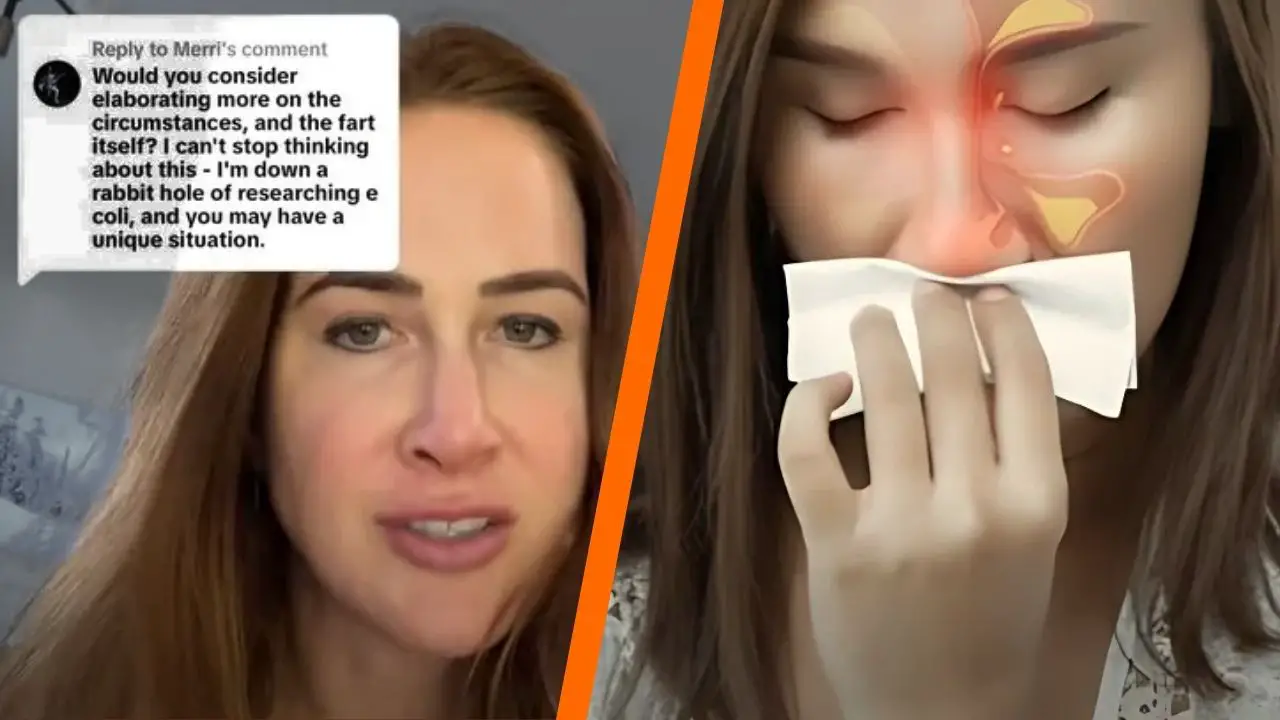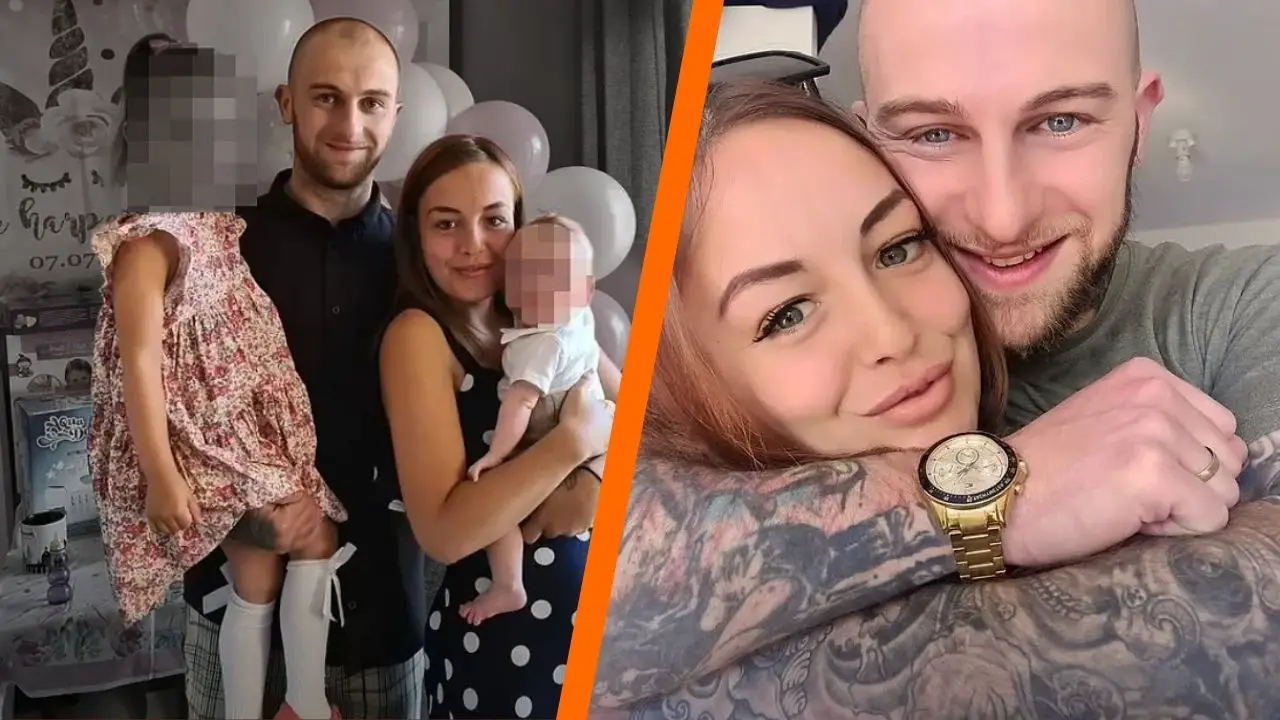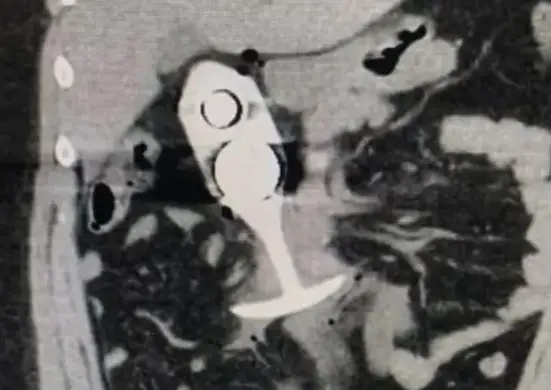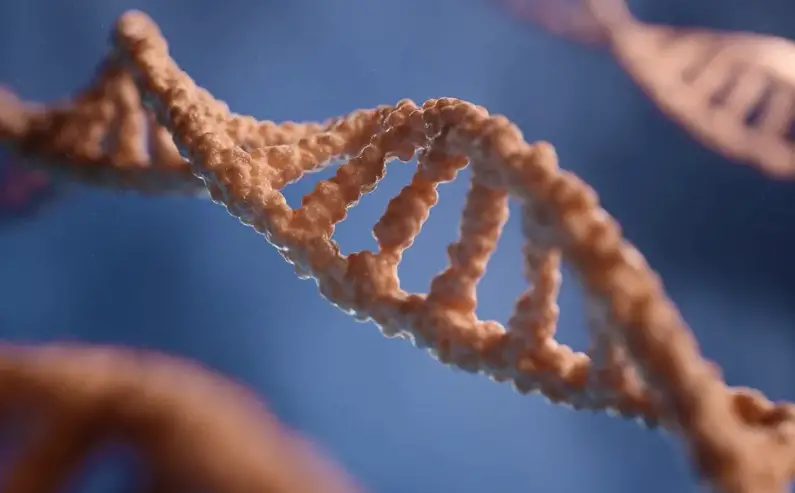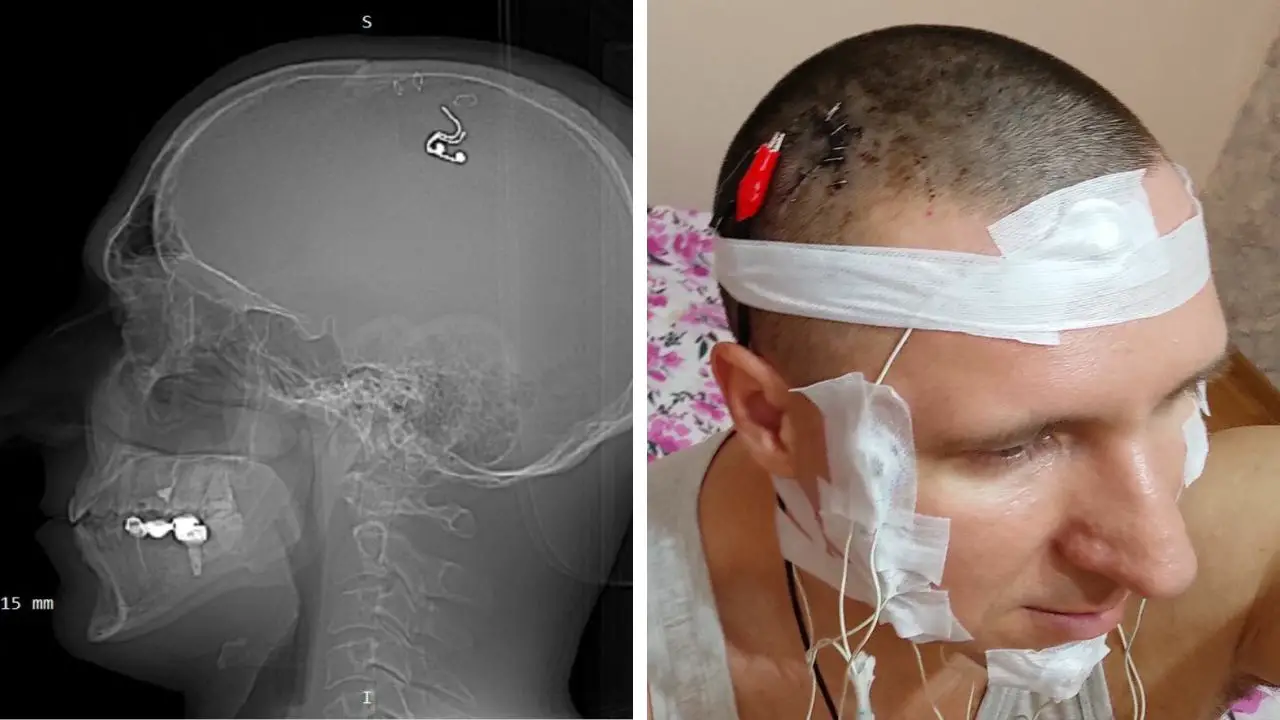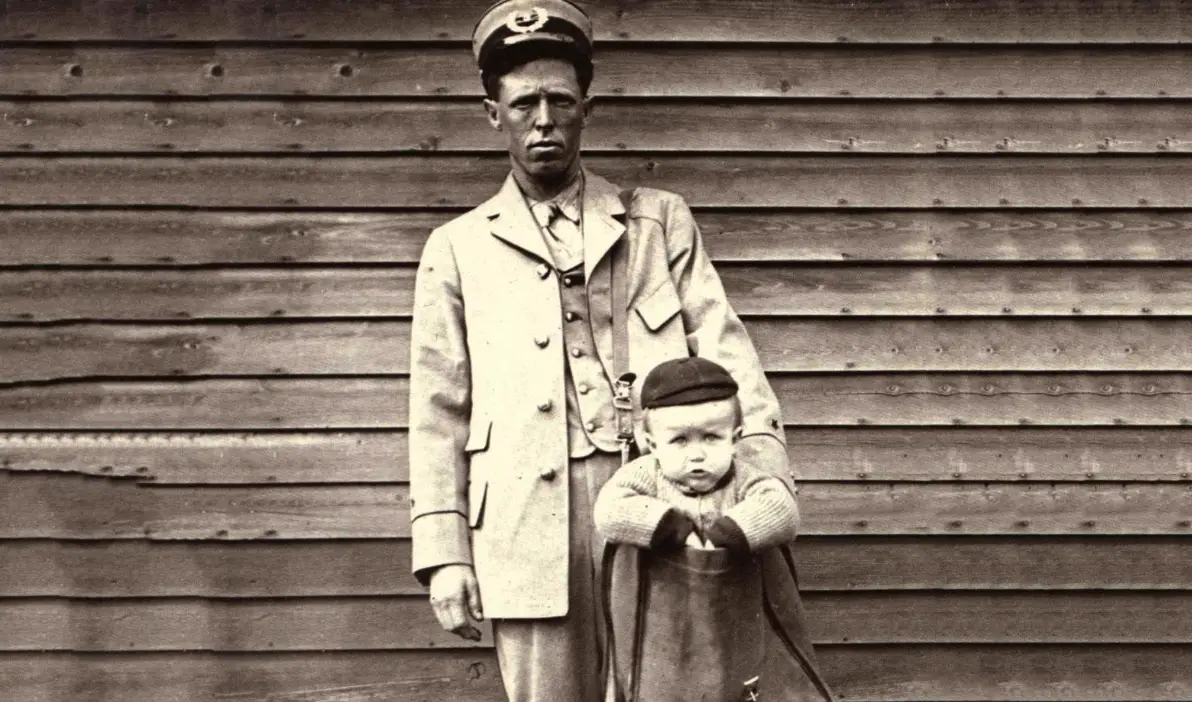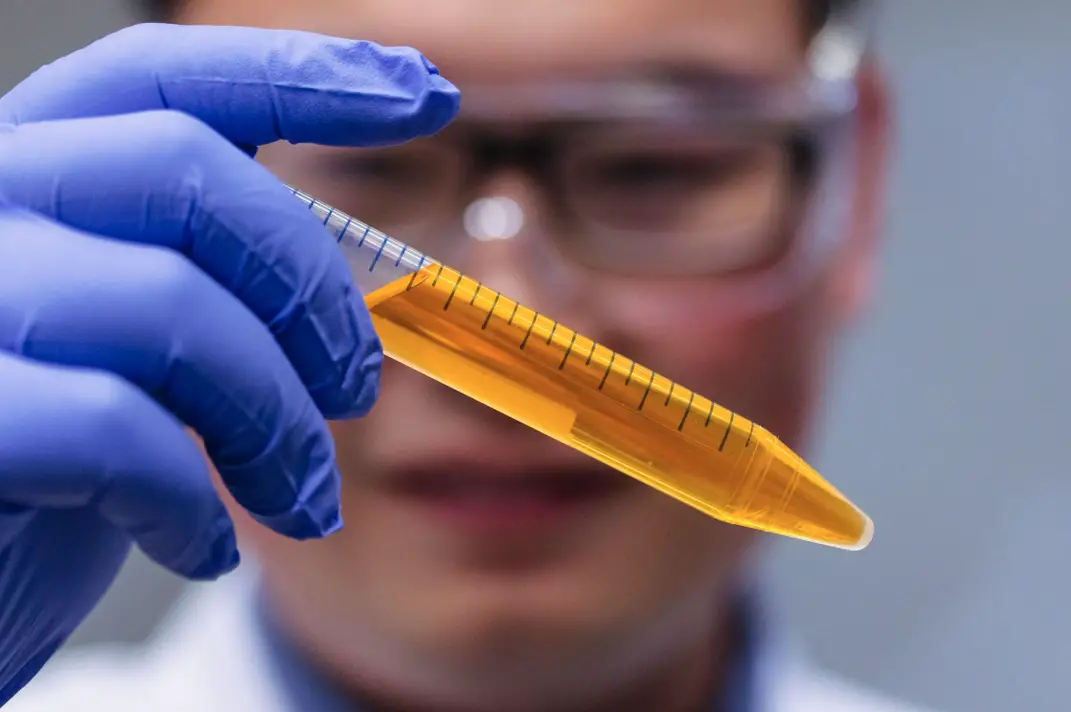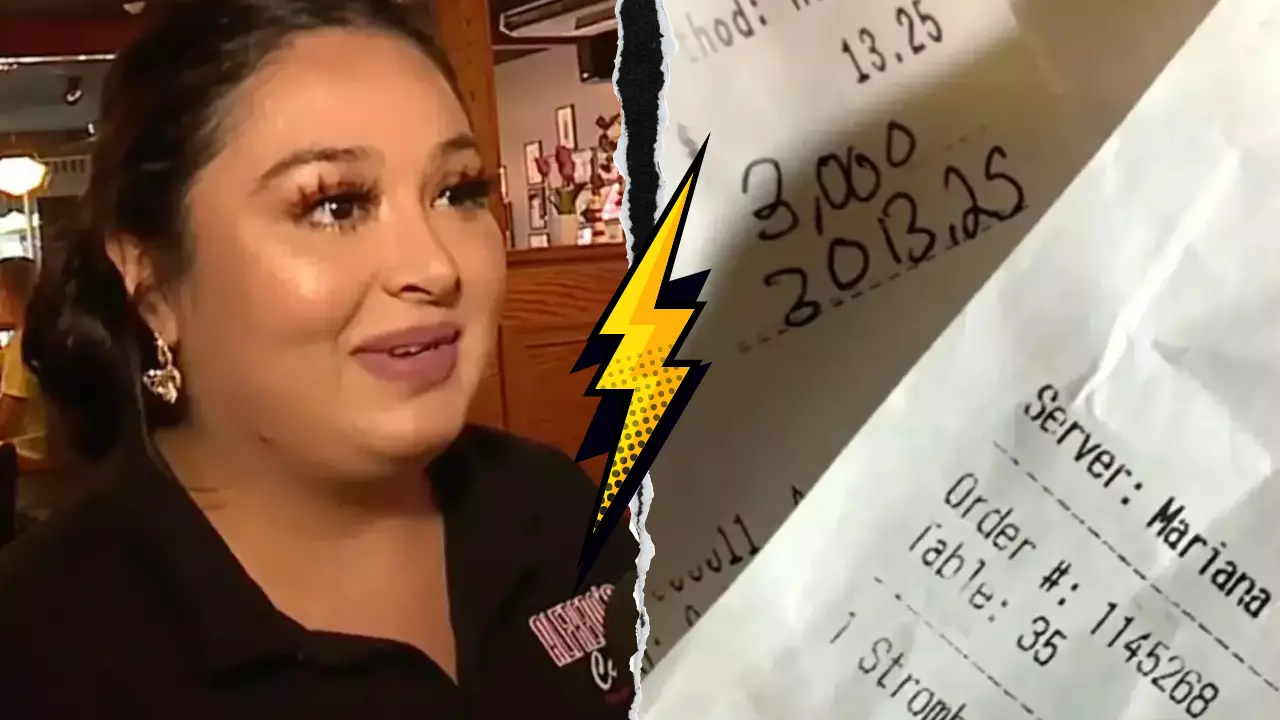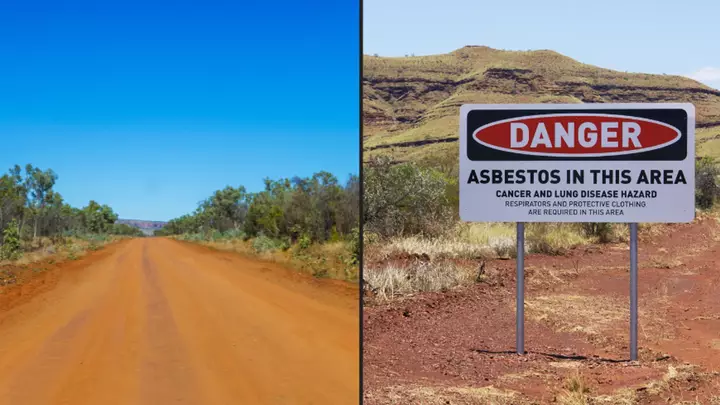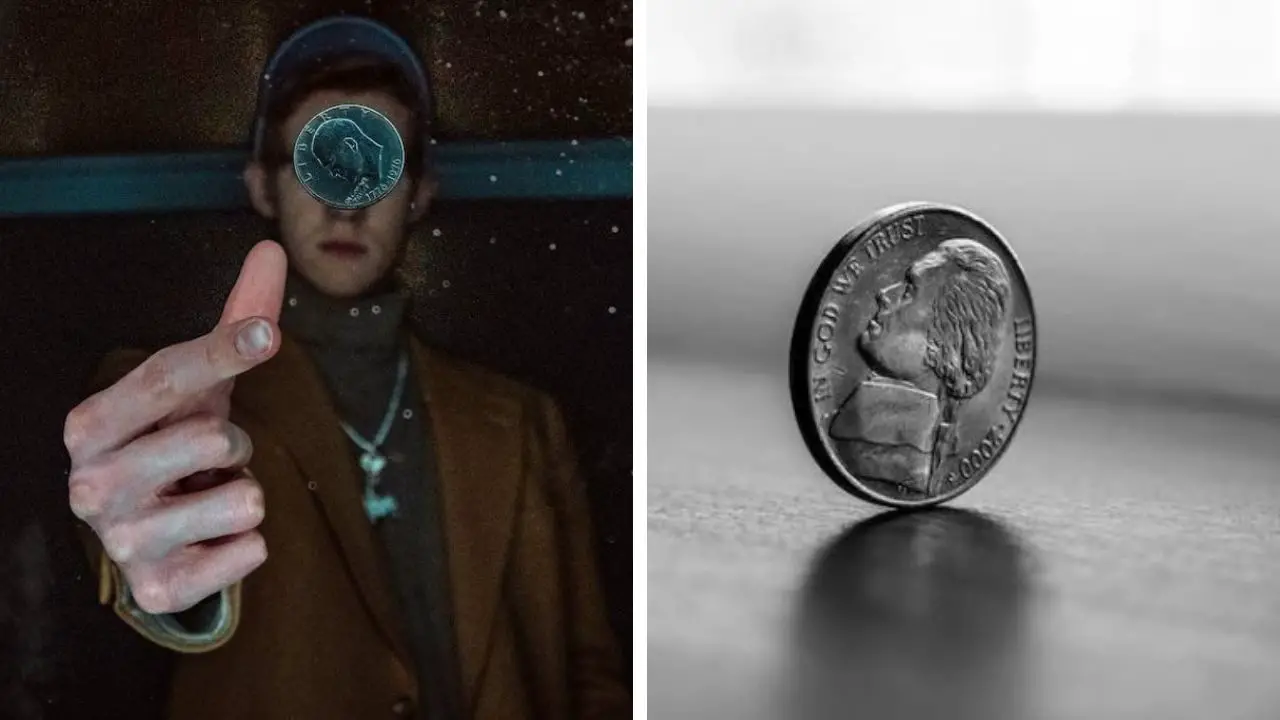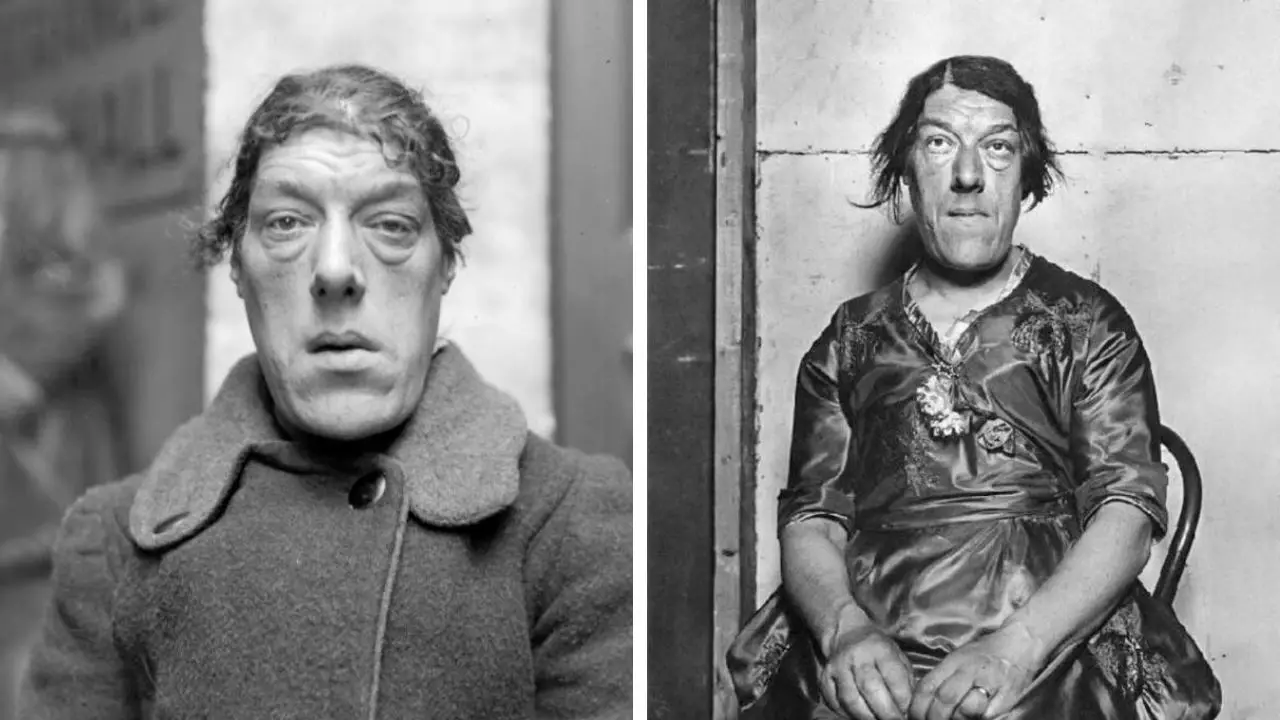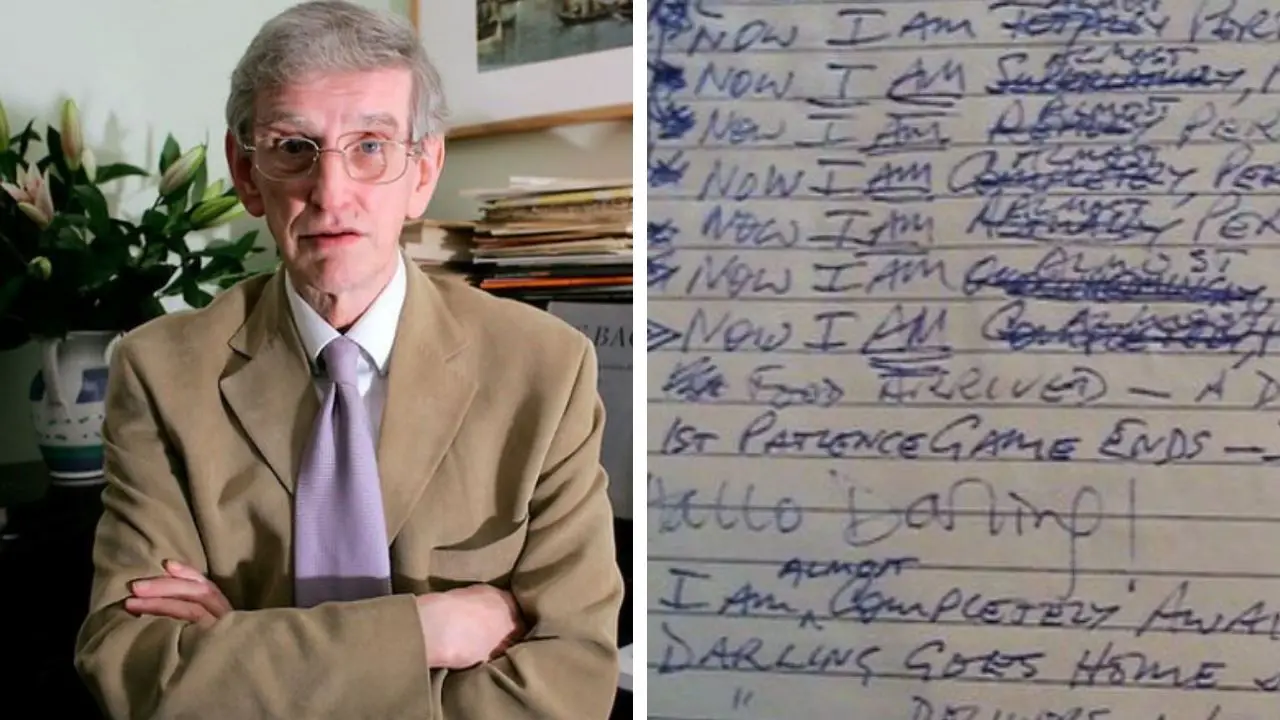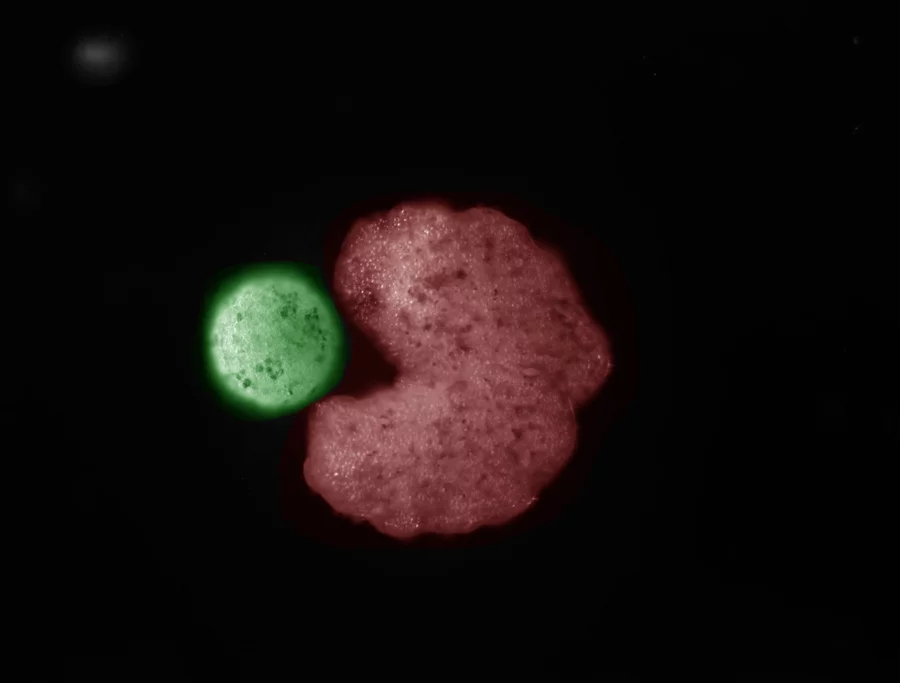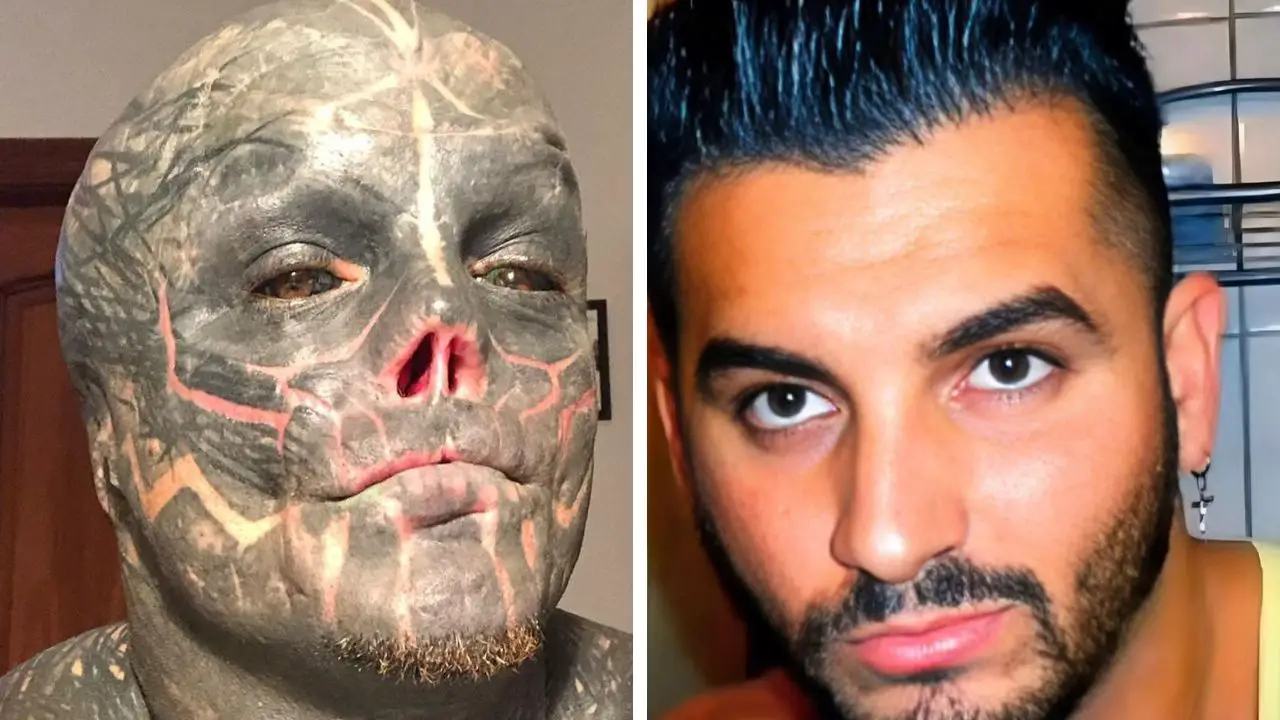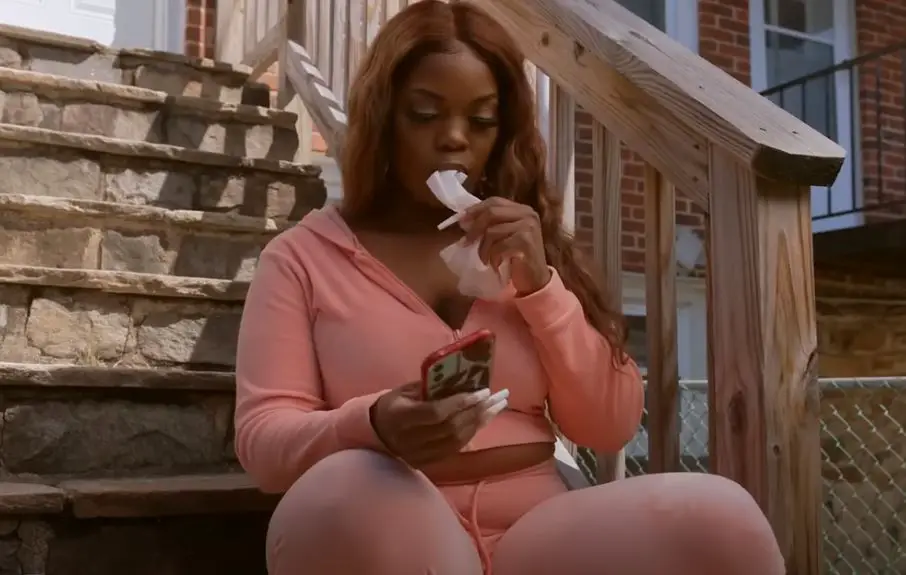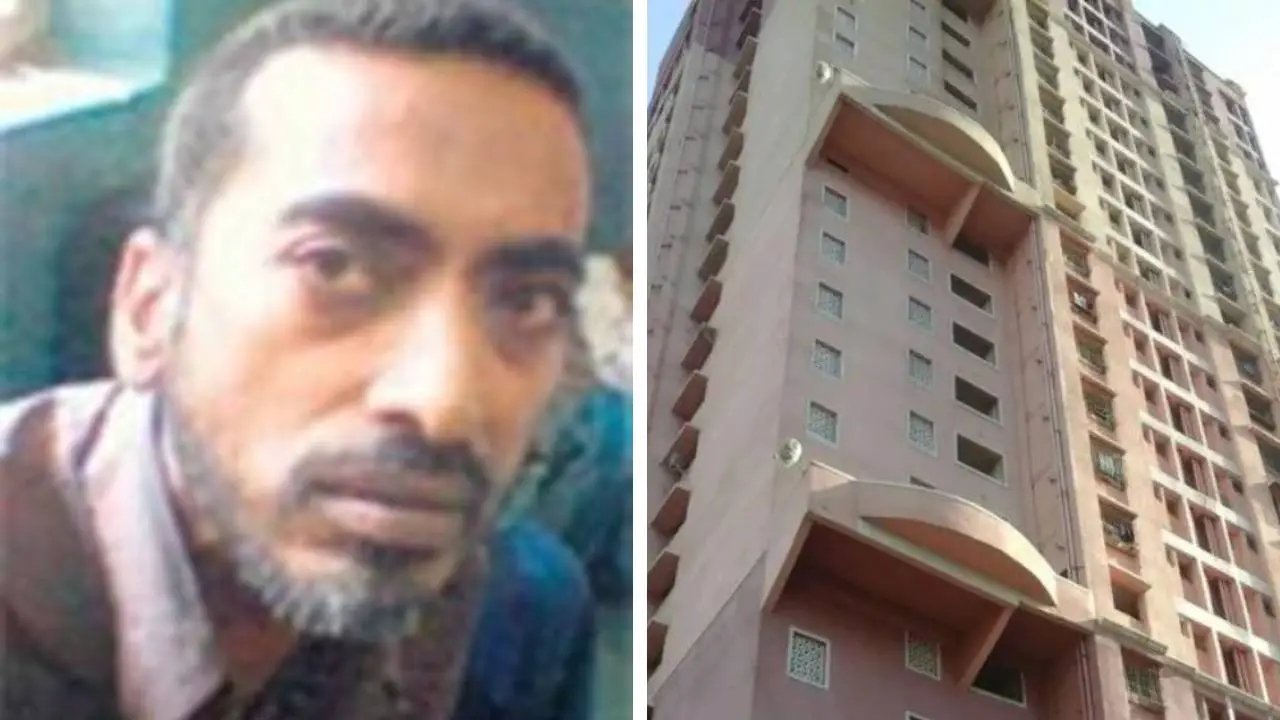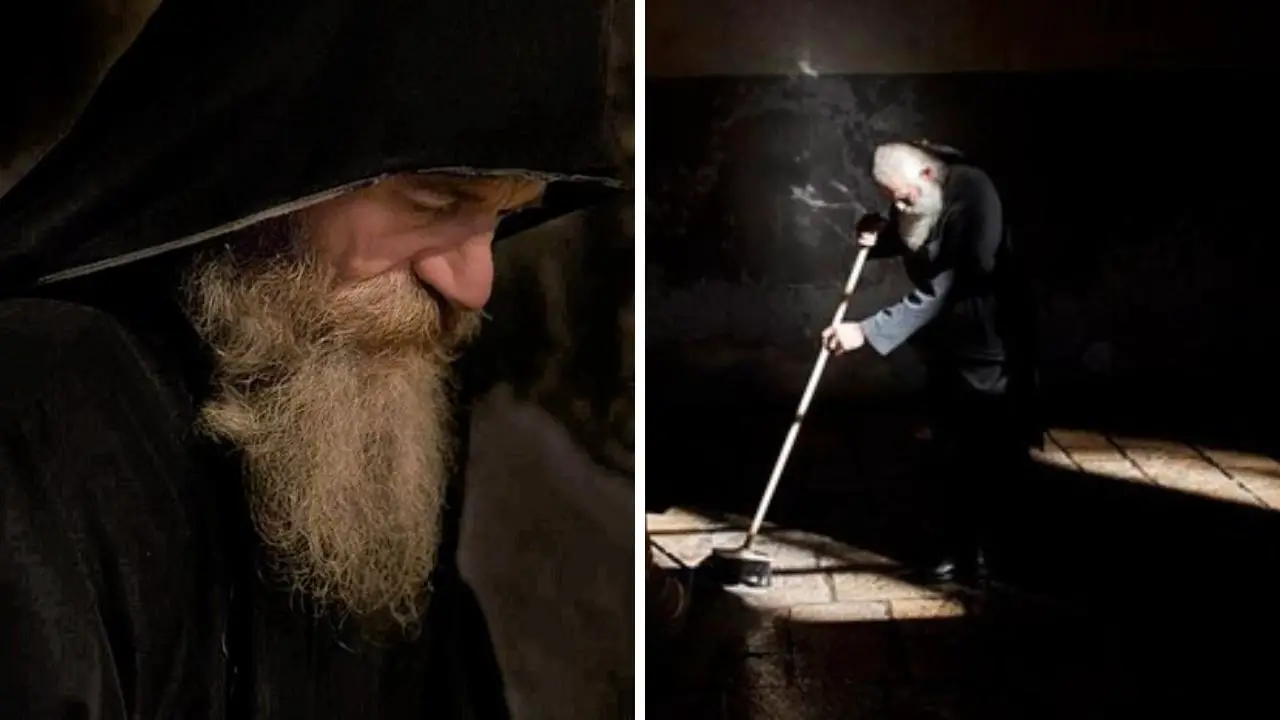Doctor dismissed her lump as ‘Hormonal’ — Now she’s battling stage 4 breast cancer that spread to her brain
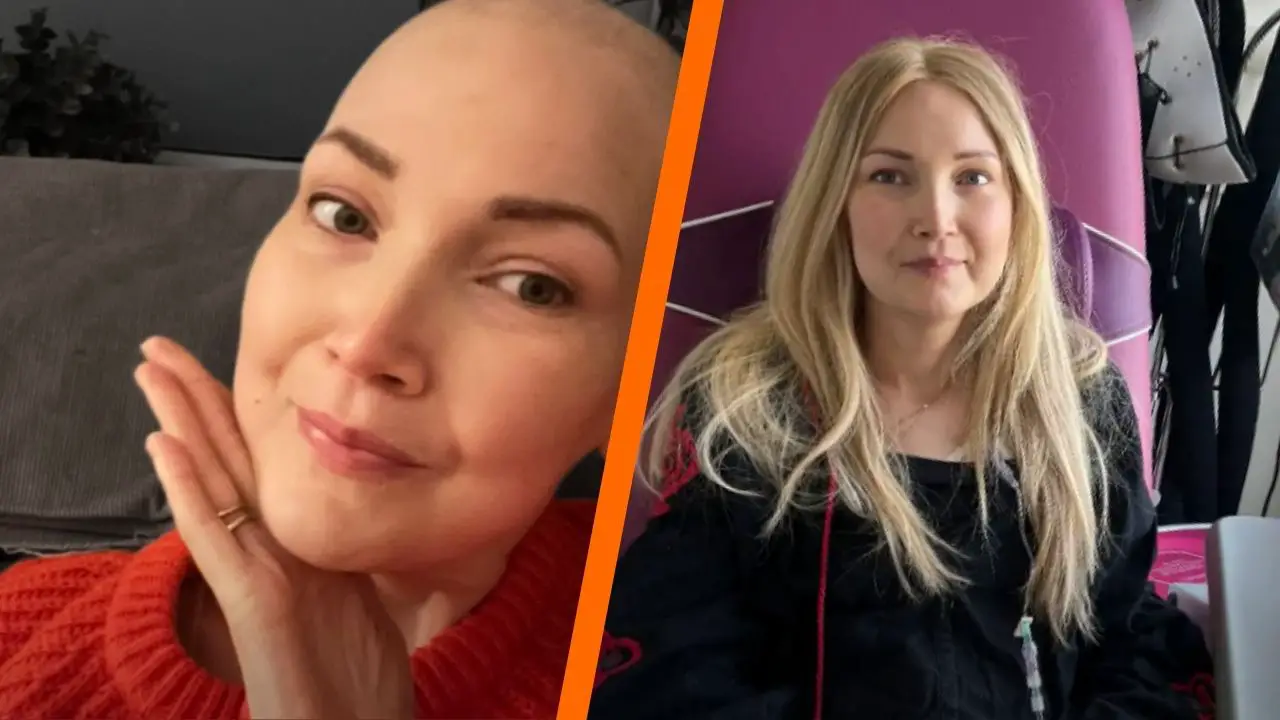
Lea Hughes was 29 when she felt a small lump on her right breast. It was 2015, and she was living in The Wirral, UK, working as a fashion and retail marketer.
She visited her general practitioner, expecting answers. Instead, she was told the lump was likely fibrocystic breast tissue, a benign condition tied to hormonal changes.
Her doctor pointed to her young age and lack of family cancer history. No mammogram was needed, they said.
She didn’t qualify for further testing. “They called it ‘lumpy breasts,’” Hughes told. Trusting the medical advice, she moved on.
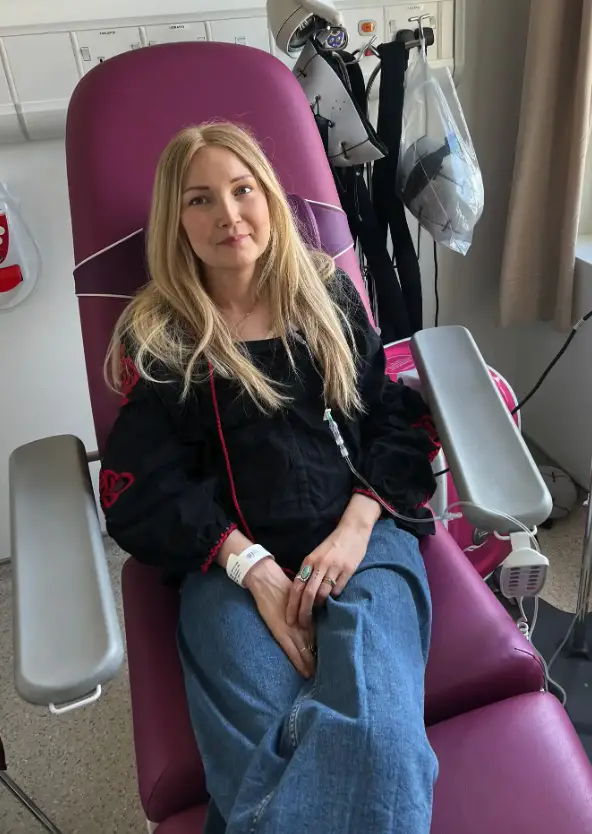
Three years later, on April 13, 2018, Hughes noticed something alarming. While trying on a bikini, she saw a shadow and a dimple on her breast.
She contacted her doctor again. This time, they referred her to a hospital. A mammogram, ultrasound, and biopsy followed.
The results were crushing: stage 4 breast cancer. The disease had spread to her liver and bones.
“It was Friday the 13th,” she recalled. “I thought it was just bad luck, but it was so much worse.”
Since that diagnosis, Hughes’ cancer has been relentless. In June 2022, she underwent a single mastectomy.
By August 2024, scans revealed the cancer had reached her brain. She began whole-brain radiotherapy in September.
In March 2025, she faced another blow: the cancer had spread to her lungs. Doctors drained 4.5 liters of fluid to ease her breathing difficulties.
Now, at 38, Hughes is midway through her sixth course of chemotherapy. Each round tests her strength, but she remains determined.
Hughes is now pinning her hopes on Enhertu, a targeted therapy drug known as trastuzumab deruxtecan.
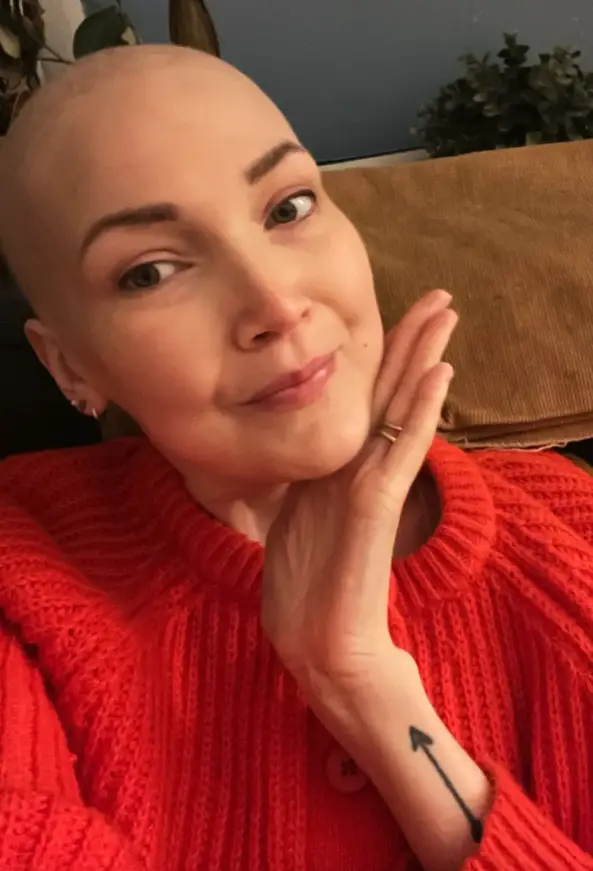
It’s designed for HER2-positive or HER2-low breast cancers, offering extended progression-free survival in clinical trials.
The DESTINY-Breast03 trial showed patients on Enhertu had a median progression-free survival of 28.8 months, compared to 6.8 months for another treatment.
But Enhertu isn’t widely available through the UK’s National Health Service. Each cycle costs over £10,000.
Hughes has launched a GoFundMe campaign to raise funds. “This drug could give me more time,” she says. “I’m fighting for every moment with my family.”
Her story sheds light on a growing concern: breast cancer in younger women is often dismissed.
The American Cancer Society estimates that 9% of new breast cancer cases occur in women under 45.
A BMJ Oncology study reported a 79.1% increase in early-onset cancers—diagnosed before age 50—from 1990 to 2019.
In the UK, about 2,400 women aged 39 and under are diagnosed with breast cancer yearly, according to Breast Cancer Now.
“Cancer doesn’t discriminate based on age,” Hughes warns. “If you find something unusual, don’t hesitate to get it checked.”
Experts echo her concerns. “Younger patients are often told they’re too young for cancer,” says Dr. Teresa Hubka, president of the American Osteopathic Association.
“But any unusual symptom warrants investigation.” Early detection can be life-saving.
Stage 4 breast cancer, also called metastatic breast cancer, has a five-year survival rate of about 31%.
Had Hughes’ lump been investigated in 2015, her outcome might have been different. “If my lump had been taken seriously at 29, things might be different,” she reflects.
| Year | Age | Event |
|---|---|---|
| 2015 | 29 | Discovered first lump, dismissed as fibrocystic tissue |
| 2018 | 32 | Noticed shadow and dimple, diagnosed with stage 4 breast cancer |
| 2022 | 36 | Underwent single mastectomy |
| 2024 | 38 | Cancer spread to brain, began whole-brain radiotherapy |
| 2025 | 38 | Cancer spread to lungs, underwent fluid drainage procedure |
Enhertu represents a beacon of hope for patients like Hughes. Approved by the FDA in 2022 for HER2-low breast cancers, it has transformed treatment options.
The National Cancer Institute notes that patients on Enhertu lived nearly twice as long without cancer progression compared to those on standard chemotherapy.
“Enhertu has been a game-changer for many patients with metastatic breast cancer,” says Dr. Jane Smith, an oncologist at a leading UK hospital. “Access to such treatments is critical.”
Hughes’ battle is not just against cancer but also against systemic barriers. The high cost of Enhertu highlights disparities in healthcare access.
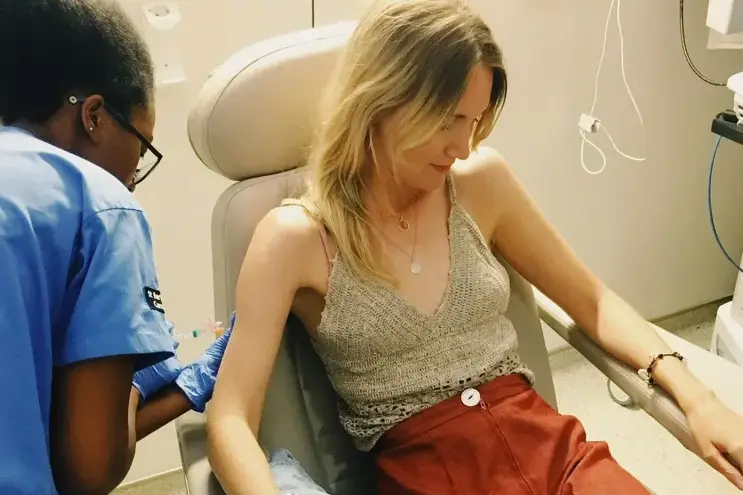
She’s exhausted NHS-funded options and now relies on crowdfunding. Her resilience shines through.
“I’m not giving in,” she says. “I have to keep fighting for myself and my family.” She’s reached a stage of acceptance, focusing on living fully in the present.
Her story carries a powerful message: don’t assume you’re too young for cancer. Hughes is raising awareness, urging others to advocate for their health.
“If my experience can save even one person, it’s worth sharing,” she says. As she continues her fight, she holds onto hope.
“There’s always hope,” she insists. “I’m still here, and I’m still fighting.”
What will her next chapter bring? Only time will tell, but her determination inspires others to listen to their bodies and demand answers.


